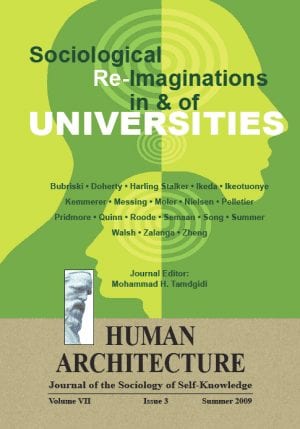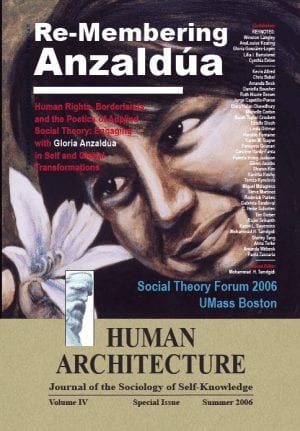Journal Article — Is Fanon Relevant? Toward an Alternative Foreword to “The Damned of the Earth” — by Nigel C. Gibson
$15.00
By investigating Fanon’s relevance for whom and for what this article examines a question that concerns Homi Bhabha in his new foreword to The Wretched of the Earth.
Description
Abstract
By investigating Fanon’s relevance for whom and for what this article examines a question that concerns Homi Bhabha in his new foreword to The Wretched of the Earth. It reviews the history of The Wretched in English and subjects Bhabha’s foreword to critical review. The reader is reminded that Fanon challenges radical intellectuals to ground their work in the struggles of the damned of the earth. Aware of the physical and often existential gulf between intellectuals and those damned, Fanon proposes a living relationship that requires ongoing theoretic labor to work out new humanist concepts. If this was difficult during the anti-colonial period of Fanon’s time, how much more difficult is it in our current period of retrogression and what would Fanon possibly say today at a moment when his revolutionary presuppositions are apparently off the table?
Recommended Citation
Gibson, Nigel C. 2007. “Is Fanon Relevant? Toward an Alternative Foreword to “The Damned of the Earth”.” Pp. 33-44 in Reflections on Fanon: The Violences of Colonialism and Racism, Inner and Global—Conversations with Frantz Fanon on the Meaning of Human Emancipation (Human Architecture: Journal of the Sociology of Self-Knowledge: Volume V, Special Issue, 2007.) Belmont, MA: Okcir Press (an imprint of Ahead Publishing House).
The various editions of Reflections on Fanon: The Violences of Colonialism and Racism, Inner and Global—Conversations with Frantz Fanon on the Meaning of Human Emancipation can be ordered from the Okcir Store and are also available for ordering from all major online bookstores worldwide (such as Amazon, Barnes&Noble, and others).
Read the Above Publication Online
To read the above publication online, you need to be logged in as an OKCIR Library member with a valid access. In that case just click on the large PDF icon below to access the publication. Make sure you refresh your browser page after logging in.








